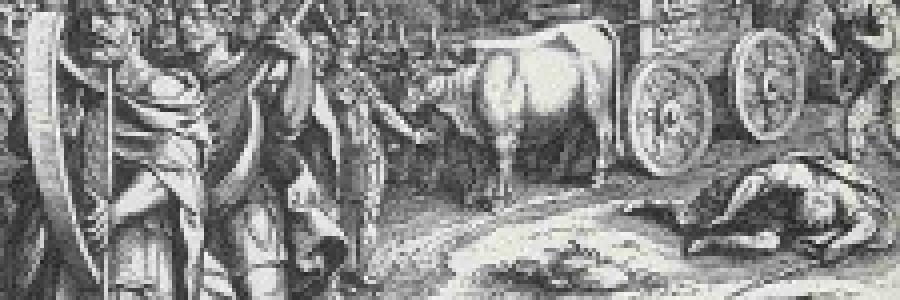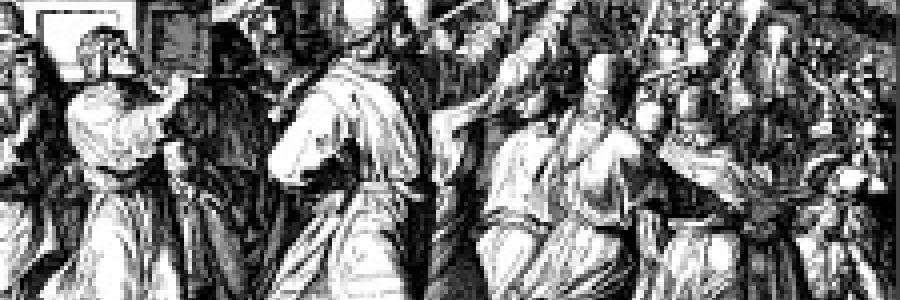New Lachish Find Adds Fuel to the Debate: Is the Bible Accurate?
Body
“The find of 10th-century BCE fortifications of Lachish supports the Bible but not all archaeologists are convinced. …Traditionalists, also referred to as maximalists, claim the Biblical descriptions of a complex and powerful Davidic Kingdom based in Judea in the 10th-century BCE are accurate.






Discussion